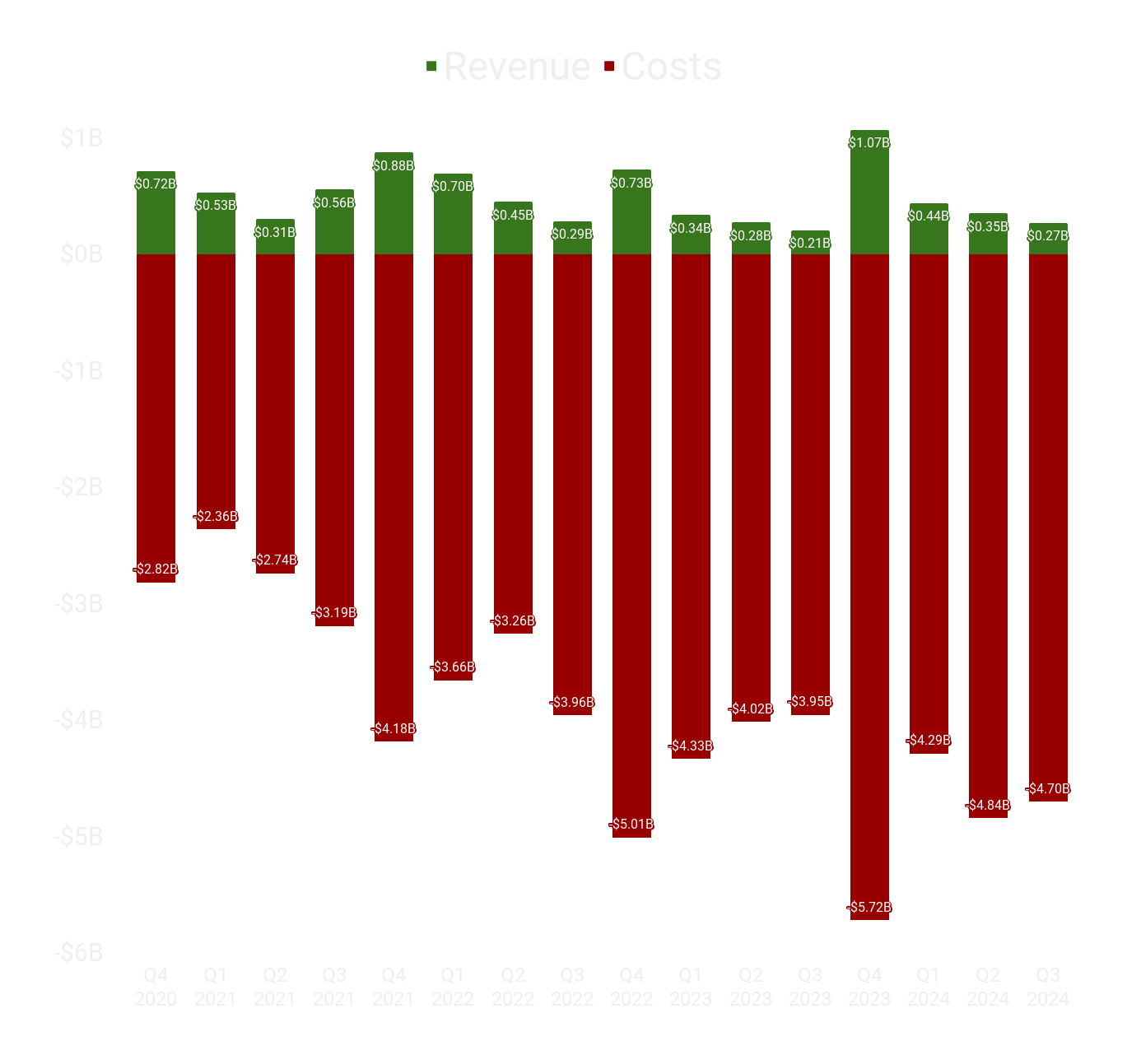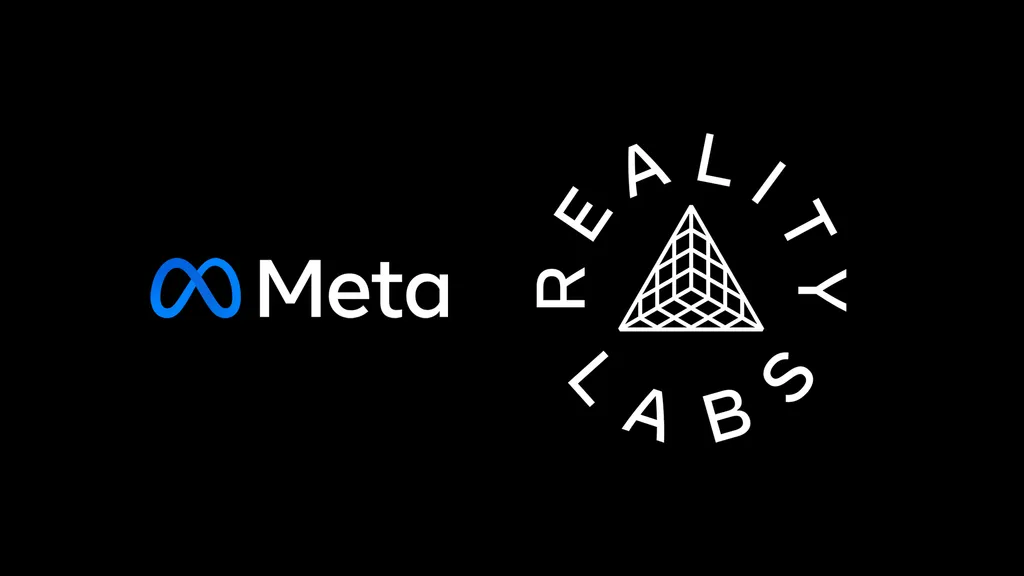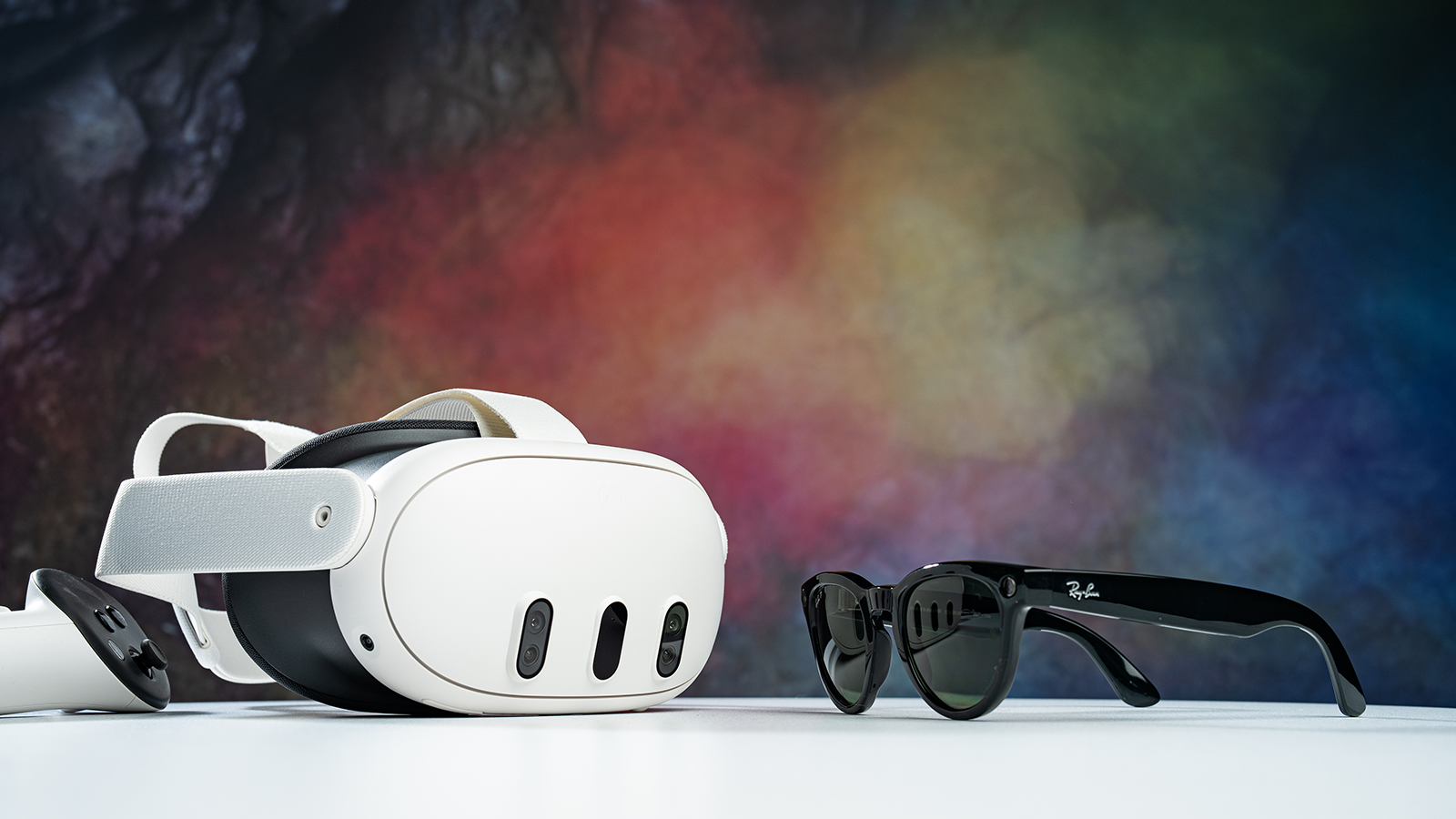For the third quarter in a row, the revenue of Meta's Reality Labs division was higher than it was last year.
Reality Labs is the division of Meta behind Quest headsets and their Horizon software platform, the technology side of the Ray-Ban Meta smart glasses, and research & development of AR glasses and their EMG wristband input device.

Meta reported $270 million Reality Labs revenue for Q3 2024, a 29% increase compared to Q3 2023. This continues the trend of Q1 and Q2 also being higher than 2023, by 30% and 28% respectively.
It's a particularly notable trend because the opposite happened in the first three quarters of 2023, which saw record low revenues as Quest 2 entered its third year on the market and following the commercial failure of Quest Pro. That fall completely reversed in Q4, when Quest 3's launch led to Reality Labs' highest ever revenue.
However, while higher than the first three quarters of 2023, Reality Labs revenue for this year so far is still lower than in the first three quarters of 2021 and 2022, when Quest 2 sales were at their peak.
That's almost certainly because Quest 3 is priced $200 higher than Quest 2 was, meaning it isn't reaching anywhere near its scale after the initial wave of launch season sales from enthusiasts.
And to be clear, Q3 ended on September 30, meaning the revenue data we're seeing today does not include the launch of Quest 3S. We'll see that in Meta's Q4 earnings on February 1, giving us an indication of whether Meta's XR business is set for new heights or still trailing the success of Quest 2.

Even Quest 3S won't bring Reality Labs anywhere near making a profit, though. The $270 million Q3 revenue came alongside a whopping $4.67 billion in costs, resulting in a quarterly "loss" of around $4.4 billion.
But while describing this as a loss is technically correct in a financial sense, in reality it's more accurate to describe most of it as long-term investment. XR headsets like Quest are still a relatively early technology, far from maturity, and more than 50% of Reality Labs spending is on the research and development of AR glasses, a future product line that hasn't even launched yet.
As in many previous quarters, Meta's CFO Susan Li told investors she expects these "losses" to continue to increase this year due to "ongoing product development efforts and our investments to further scale our ecosystem".
Meta may be planning to slowly rein in spending starting next year though, as over the summer it reportedly told its hardware teams to cut spending by 20%. Combined with revenues from Quest 3S this year, HUD glasses next year, two Quest 4 models planned for 2026, and an ultralight headset in 2027, Meta could soon start steering Reality Labs on the very long path to eventual profitability, which Mark Zuckerberg previously indicated to investors should arrive sometime in the 2030s.































